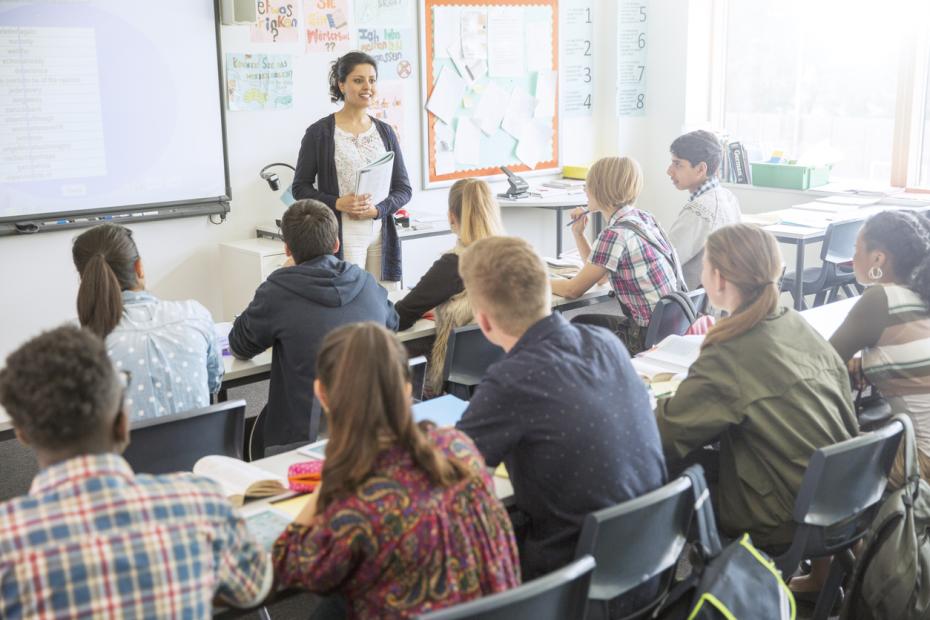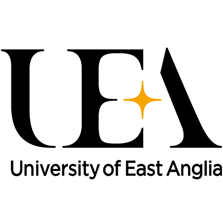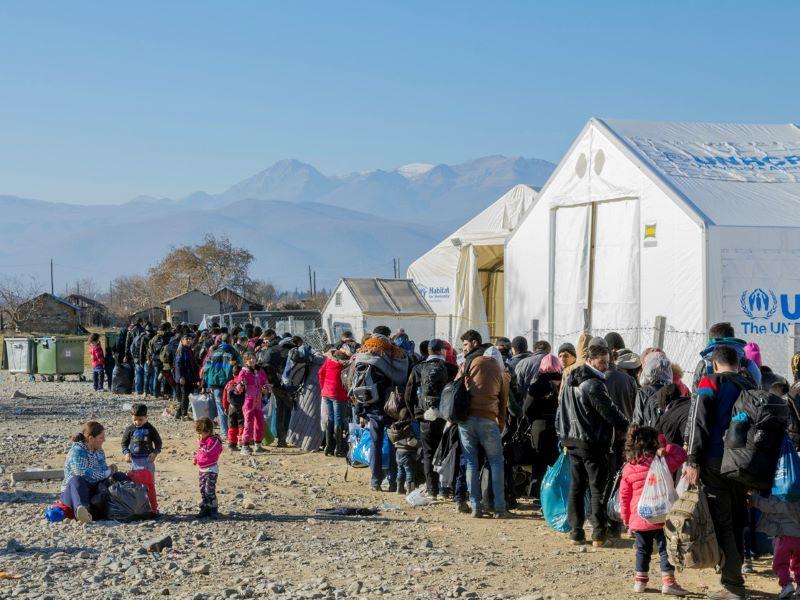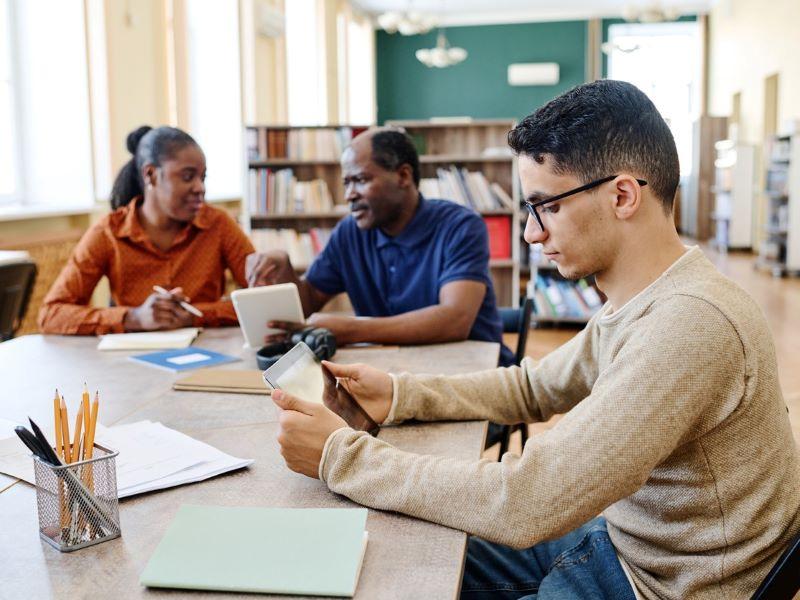
A blueprint for supporting students affected by forced migration
More than eighty UK higher education institutions offer scholarships, bursaries and fee waivers to students affected by forced migration, including refugees and asylum seekers. However, access to finances is not the only challenge students affected by forced migration face. Many encounter additional psychosocial and well-being challenges, alongside increased barriers to seeking appropriate support from mainstream student support services. Despite this, there are few models for how to systematically support the well-being of these students.
The University of East Anglia (UEA) is proud to be a part of the Universities of Sanctuary (UoS) network, a national network that aims to make higher education institutions places of safety, solidarity and empowerment for people affected by forced migration. Since 2021, the UoS initiative at UEA has focused on considering what a model for holistic support could involve through its Welcome and Well-being Project. This ongoing project has brought together students affected by forced migration with other universities, charities and specialist mental health professionals to consider varied needs, lived experiences and challenges following forced migration and establish appropriate channels of support. This process led to the development of a model that recognises the need for support to be responsive, varied dynamic and sensitive to a range of needs, beliefs, values and identities.
The Welcome and Well-being Project is based upon six underlying principles:
- Collaboration with individuals and services
- Leadership coming from within the sanctuary community
- Ensuring pathways to trauma-informed specialist support
- Empowerment and choice
- Creating peer support opportunities and development
- Thoughtful consideration relating to risks of re-traumatisation.
We have put into place five core streams of work inspired by these underlying principles, which we hope can help other institutions that wish to support students affected by forced migration.
Individualised support: welcome, orientation and assessment
Any student identified as having a background of forced migration receives a welcome pack, a personalised meeting with the sanctuary liaison support lead and a group meeting with other scholars. During these meetings students and staff discuss support and well-being needs along with information about the named sanctuary champion within each element of UEA’s student support service. The sanctuary liaison support lead also provides information about relevant local charities and organisations and offers further individualised support meetings whenever requested.
- Resource collection: Here to help – the key tenets of student support
- Six steps to improve access to UK higher education for displaced students
- What can universities do to improve routes into HE for displaced academics?
Peer support, community development and psychoeducation
All students affected by forced migration can attend informal monthly peer drop-in sessions facilitated by the sanctuary liaison support lead. These offer opportunities for members to discuss challenges, problem-solve collectively and consider areas for development.
We also arrange team-building activities and focus on periods that members of the community have identified as challenging. To date, activities have included meals, yoga, family events and craft and art-based workshops.
In the past academic year, we invited all students affected by forced migration to a group psychoeducation workshop focused on mental health, studying and displacement. This was commissioned and delivered by a specialist counselling organisation, a mental health charity and a refugee support charity.
Sanctuary community-led participatory art and cultural projects
We support students affected by forced migration to be leading agents of social change, developing, leading and evaluating creative projects that they feel will address personal or collective challenges. To date, we have facilitated four participatory art and cultural projects:
- Rest and Well-being: a holiday art programme run in collaboration between a mental health charity, an art gallery and the UoS initiative. This project, led by a former student who had been affected by forced displacement, included a series of participatory art and cultural workshops held over the holiday period, a time that was deemed particularly isolating
- The Suitcase: a community art exhibition developed by students from six different countries exploring their experiences of forced migration, loss and belonging
- Sanctuary in the Kitchen: a cooking and cultural exchange project led by a student affected by forced migration
- Families beyond Boundaries: a participatory, arts-based project led by a member of the sanctuary community and her family to explore concepts of being separated, yet united through art.
Training and awareness-raising
Students affected by forced migration have worked with the initiative to look at ways to increase awareness about their lived experiences among academic staff, support staff, the student body and the wider civic community. We have also delivered training sessions and services to staff across university departments and developed media resources. All academic advisers receive a guide about supporting sanctuary students. Creative installations such as The Suitcase have been showcased both within the university and the local community.
Linking to specialist trauma-informed support services
We have developed close links with both statutory and non-statutory trauma-informed mental health services and established a suitable referral pathway into such services.
The Welcome and Well-being Project has developed within the context of increasing financial pressures across the UK higher education sector, rising demand nationally for mental health services and public and political narratives framed by “the hostile environment”. The streams of work and matched resources developed and piloted to date offer an opportunity for collaboration with other higher education institutions to consider, discuss and evaluate what a sustainable model of support can look like within this context. UEA is keen to connect with others so that together we can, as per the national UoS initiative’s ambition, create places of safety, solidarity and empowerment for people affected by forced migration.
Sophie North is the academic lead for the University of Sanctuary Initiative at the University of East Anglia. Madeleine Dutton is the sanctuary liaison support lead at the University of Sanctuary Initiative at the University of East Anglia.
The University of East Anglia has been shortlisted for Outstanding Support for Students in the Times Higher Education Awards 2023 #THEAwards. A full list of shortlisted candidates can be found here.
If you would like advice and insight from academics and university staff delivered direct to your inbox each week, sign up for the Campus newsletter.




